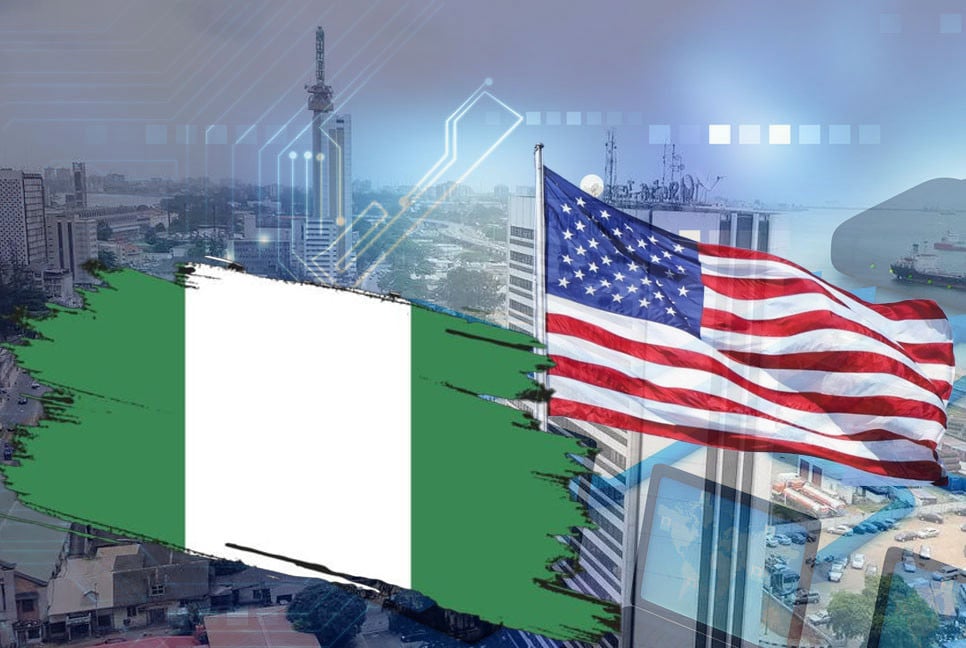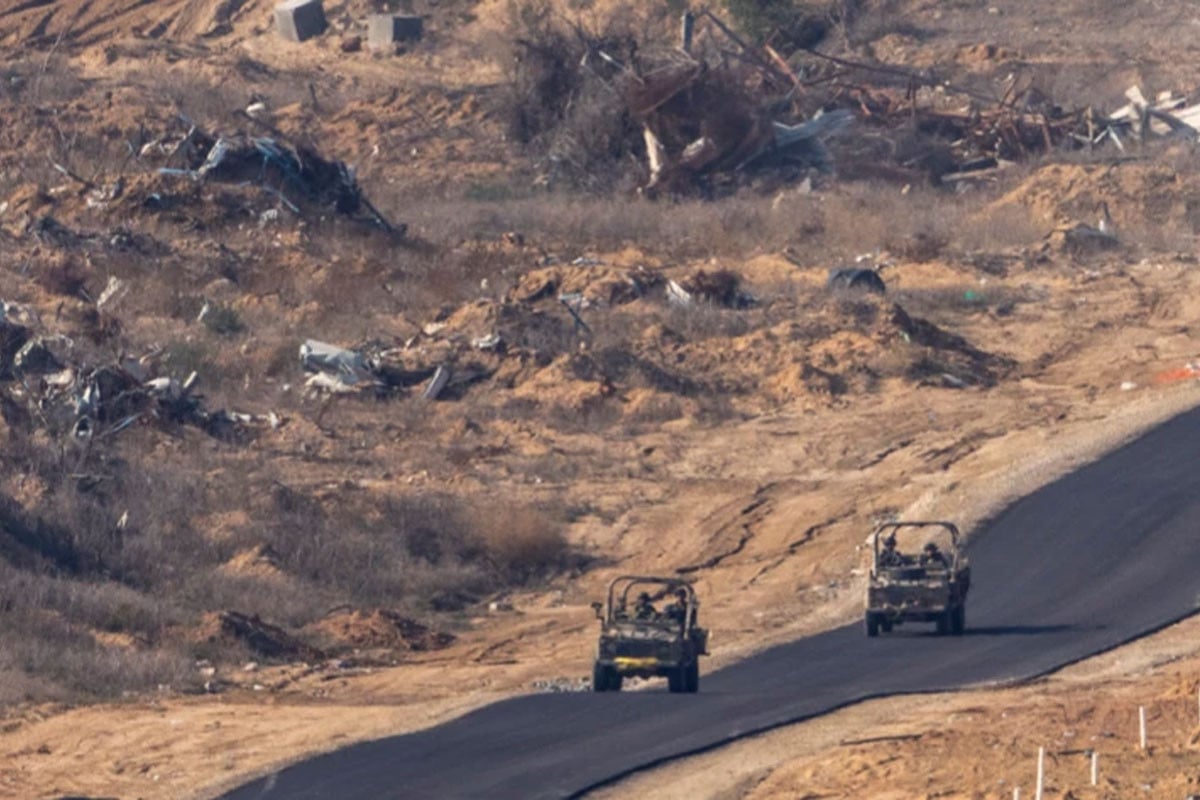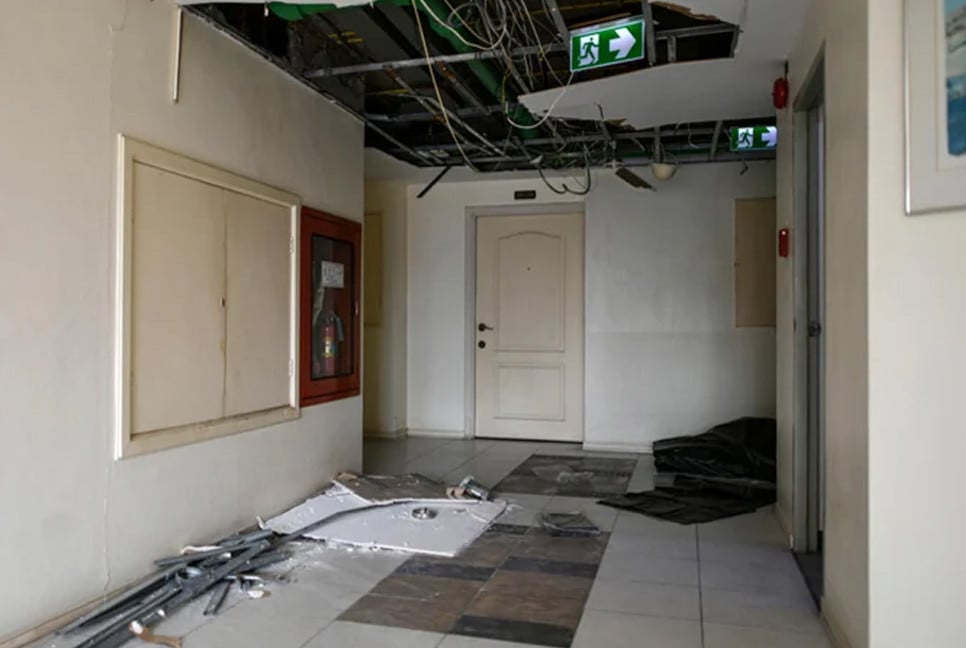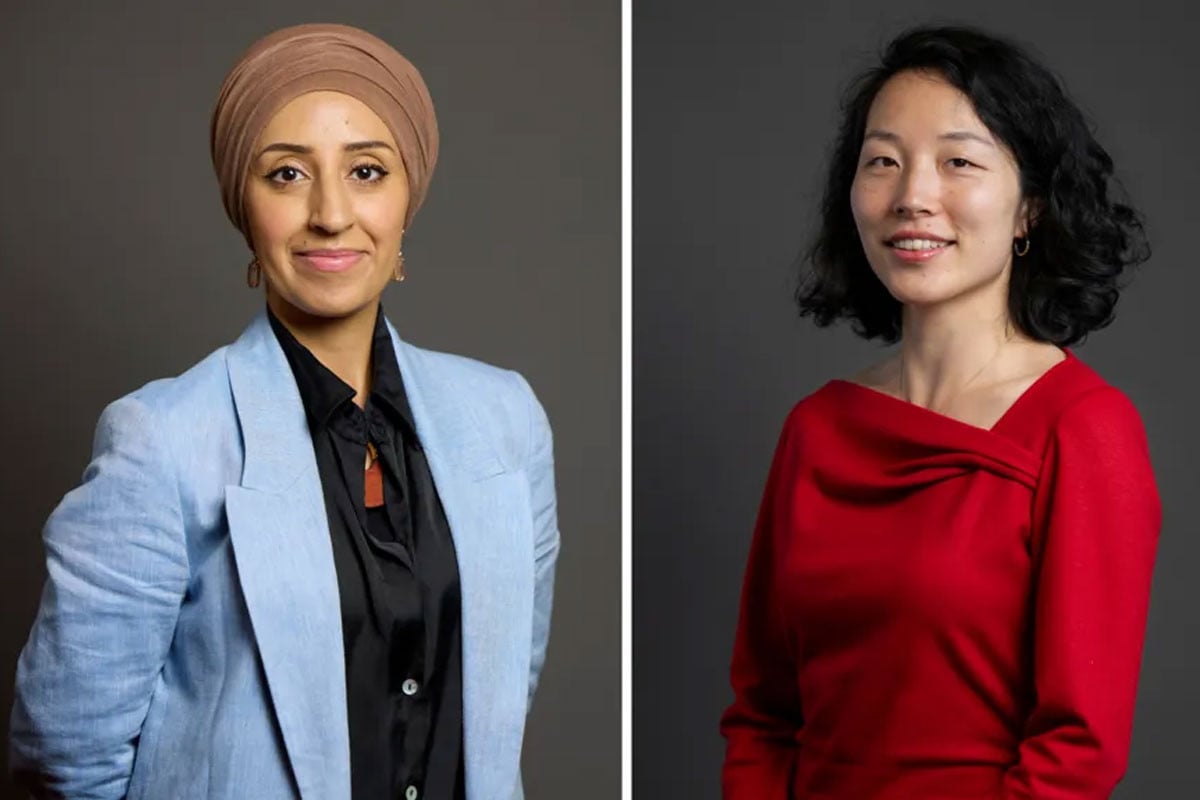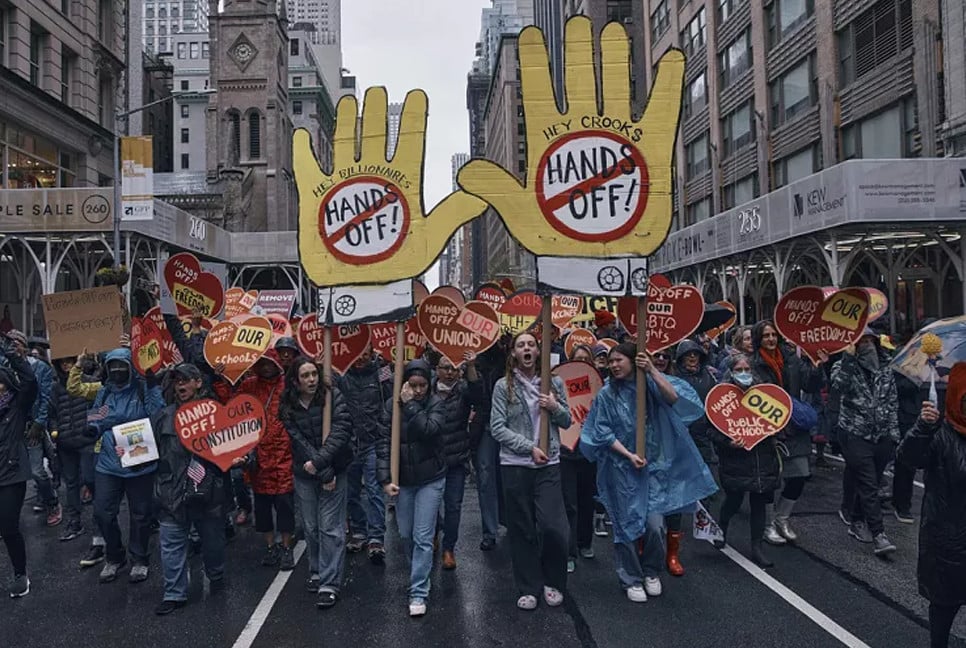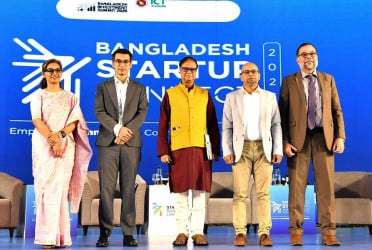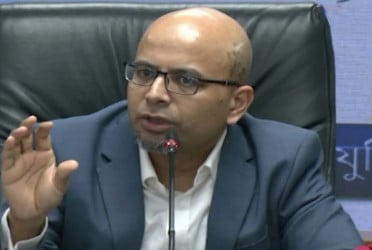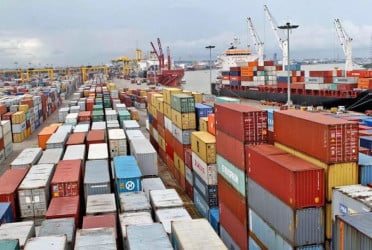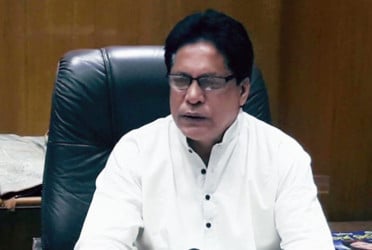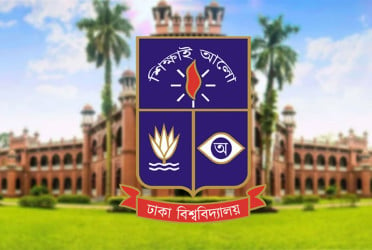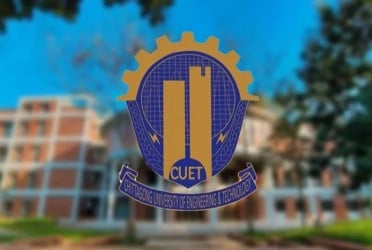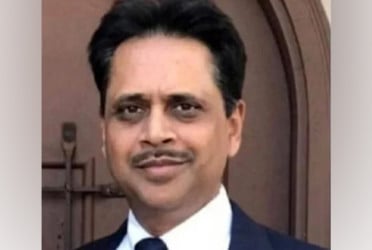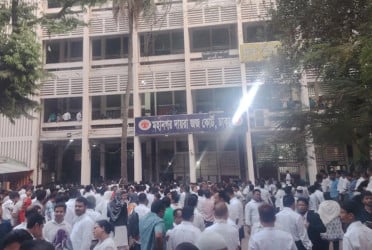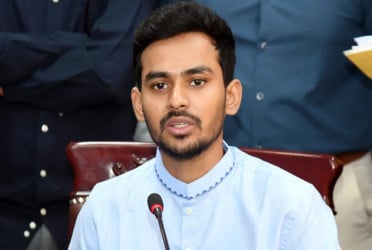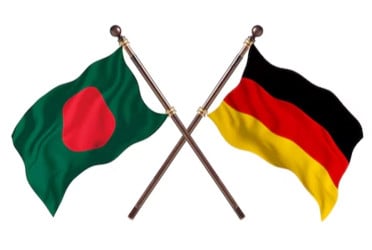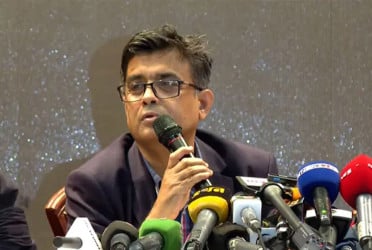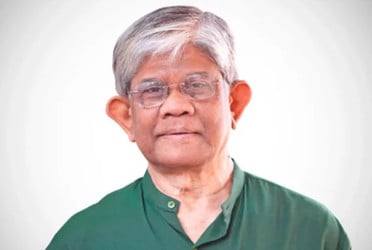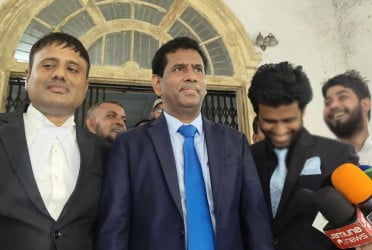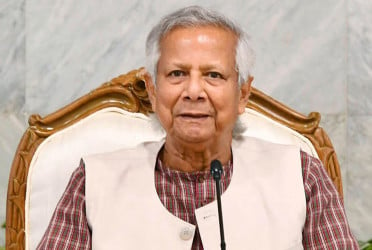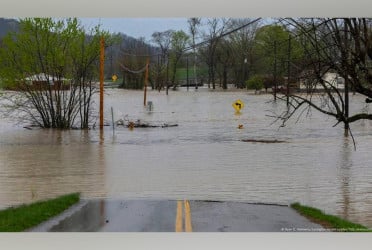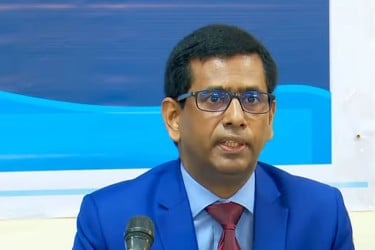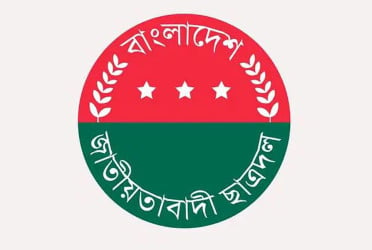The U.S. and Nigeria have taken a major step to deepen their technological collaboration with the inaugural U.S.-Nigeria Technology Dialogue, held on January 10 in Washington, D.C. Led by U.S. Deputy Secretary Kurt Campbell and Nigerian Minister of Communications, Innovation, and Digital Economy Bosun Tijani, the event marked a significant milestone in enhancing bilateral ties in digital infrastructure, innovation, and AI.
On Monday (Washington local time) the State Dept stated that the dialogue built on previous engagements, including the U.S.-Nigeria Binational Commission and the “Global Inclusivity and AI” event in Lagos, and supports the U.S.-backed Digital Transformation with Africa (DTA) initiative. The key highlight was the signing of a $2,095,000 grant aimed at deploying 90,000 kilometers of new fiber optic backbone infrastructure across Nigeria. The project, funded by the U.S. Trade and Development Agency, aligns with Nigeria’s National Broadband Plan 2020-2025, targeting an increase in broadband penetration from 42.27% to 70% and expanding access to 90% of the population.
Discussions during the dialogue centered on bolstering digital resilience, promoting digital trade, and expanding AI cooperation. Both nations also explored strategies to develop a skilled workforce for the digital economy and establish frameworks for responsible AI governance. The event included a roundtable with over 25 U.S. and Nigerian industry leaders, discussing public-private partnerships and investment opportunities in technology sectors like telecommunications, fintech, AI, and cybersecurity.
As part of the collaboration, the two countries agreed to organize a virtual exchange on AI-enabled biotechnology, focusing on its potential to advance global health, food security, and scientific progress in sub-Saharan Africa.
The U.S.-Nigeria Technology Dialogue underscores a growing partnership to drive digital innovation and secure a sustainable technological future for Africa.
Bd-pratidin English/ Jisan

